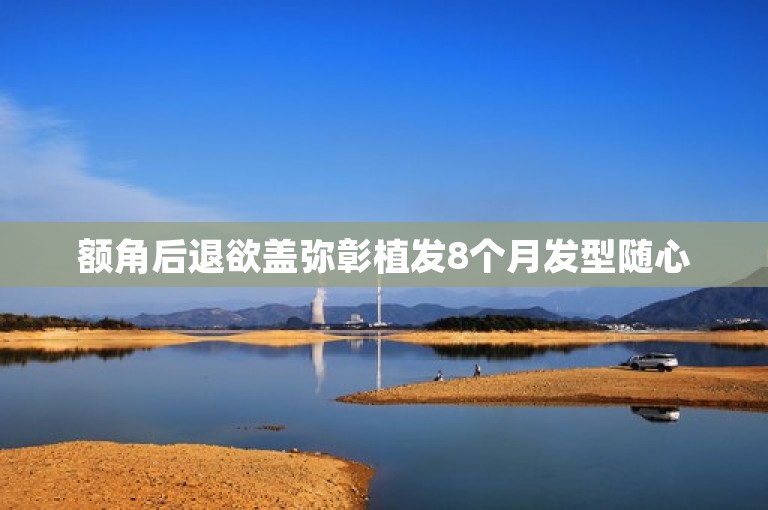
Grandpa Xie Yintang died this spring at the age of 93. He was the oldest anti-Japanese hero among our relatives. When he was young, he served as a leading cadre in Huxi District for many years.
This is how Grandpa Big Watch embarked on the anti-Japanese road:
In 1938, when the Japanese crossed the Yellow River, Han Fuqu's 100,000 troops took refuge in Cao County at the border with Henan Province. The Japanese soldiers went all the way south and soon occupied several counties in southwest Shandong, my hometown. Grandpa is my aunt's eldest son, just turned 16 years old that year, there are several underage younger brothers and sisters. The old lady lived in Xiejiawa and had a head of cattle and a few acres of thin lowland. She was considered a middle peasant. The Japanese were so fierce that even the regular army could not resist them. The village guard team of 100 people, led by the rich man Kong Er of the neighboring village, ran away without seeing what the Japanese wore or looked like. The war was in chaos, and it was risky to flee with the cow. Grandpa asked his mother to hide out first, leaving his eldest son to guard the house with him.
Grandpa was less than 40 years old at that time. He was passed down from generation to generation, and his generation had children. When he was young, he was afraid of being bullied, so he practiced martial arts for several years (Heze is a famous martial arts town).
When the Japanese attacked, they broke through the earthen wall of Kong's stockade first. Kong Er, the leading figure within a radius of more than ten miles, ran away. This landlord armed leader, who lost his eyes in gambling and took out two box guns from his waist to bet on it, fled to Jiangsu without a fart.
That morning, just after eating breakfast porridge, the Japanese entered the village. My great-aunt and my great-cousin had nowhere to hide. My great-aunt said that he would go through the army. He went through his army. We had to live the way we used to live. We went to the bottom of the cattle shed to draft with our son. Big table grandfather crouched to cut grass mouth feed, great-aunt vigorously cut, at this time four Japanese soldiers into the hospital, a see great-aunt holding guillotine, one of them on the end of the gun opened fire, pa shot the great-aunt down on the back of the knife, Ji-li-wa surrounded. The old great-aunt's butt blossomed, and he endured the gunshot wound. He reached out and pulled out the iron pin that fixed his head, calling his son to prepare for escape. The devil who came up was about to pestle him with his gun butt. At that time, he stood up and cut down the one in front of him with a guillotine blade. Then he blocked the bayonet of another devil and fought with the devil who came up. Grandpa jumped over the short wall and escaped, while his young and strong father even hit several bayonets and shouted into the corner. The Japanese took the county town without bloodshed, but one died and two were injured in the small Xie Jiawa where no soldiers were stationed.
Father's death, so that the grandfather young table on the road to defend the country, and the two younger brothers pulled into the anti-Japanese team. When I was young, the old lady was still alive. When talking about the death of my great-aunt, I still hated her. I shed tears and said, the Japanese have no humanity at all. Your great-aunt has holes all over his body. There is not a drop of blood in the bullet hole on his chest. That is when he died. They even shot him!
Perhaps it was because his son joined the anti-Japanese team very early that my great-aunt was successively praised as an anti-Japanese hero and martyr by the National Government and New China. Three years after his death, people erected a tombstone in front of his grave, which still stands in the field high up in Xiejiawa to this day. The old lady had been widowed for 40 years, and the day before she died, she was still talking about him.
That tombstone was erected during the Republic of China. I still remember the inscription. It was a relatively rare raised inscription engraved with the words: Tomb of Xie Wuqi, an old hero of anti-Japanese war.
Author/Wang Jiliang

Post a comment